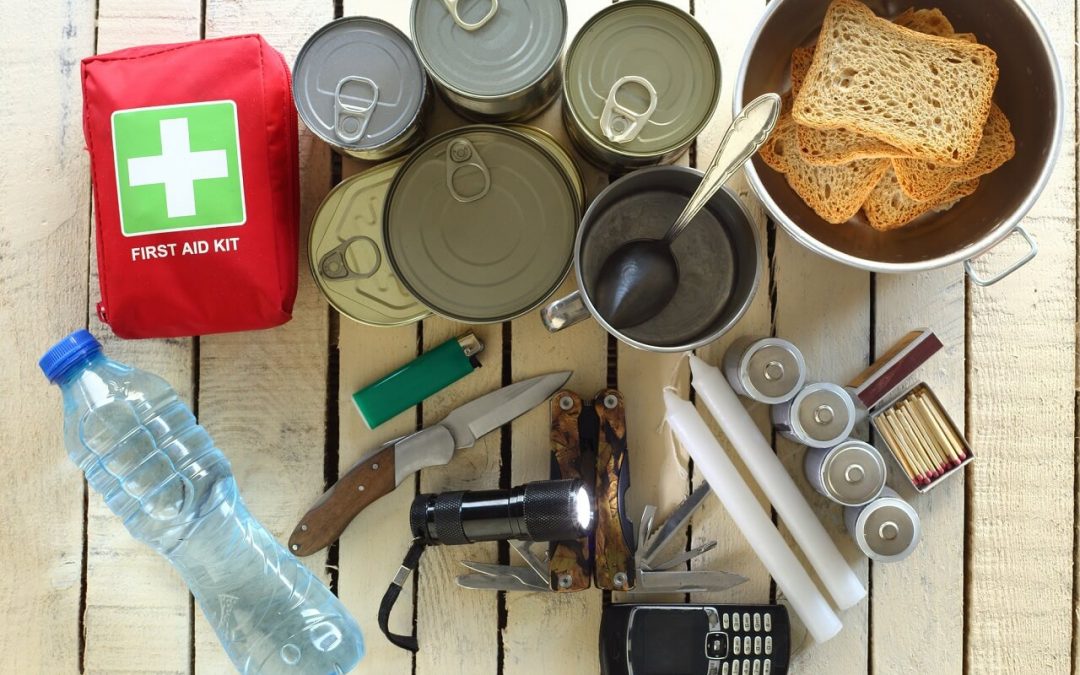Protect Your Family With These Home Safety Essentials
Keeping your family safe is the highest priority. Since an emergency can happen at any time, prepare yourself with these home safety essentials.
1. Smoke Detectors and Carbon Monoxide Detectors
Smoke detectors and carbon monoxide detectors are critical home safety essentials. Combination detectors for both smoke and carbon monoxide are also available. They should be installed on each level of your home and each bedroom should have a detector on either side of the door.
If possible, get detectors from the same manufacturer that are designed to be interconnected. When one alarm in an interconnected system detects something, they will all sound. Since smoke and carbon monoxide detectors can only provide protection if they are functioning, be sure to test them every month. If they are battery powered, remember to replace the batteries as needed.
2. First Aid Kit
It is important to have a first aid kit in the home for minor injuries and emergencies. Purchasing a pre-stocked first aid kit works for most households. If your family has unique needs, you may want to assemble a custom first aid kit yourself. A couple of times a year, replenish used and expired supplies in your first aid kit.
3. Fire Extinguisher
A fire extinguisher is helpful for a small fire in a relatively contained area such as the stovetop. An extinguisher rated A-B-C is good for home use because it works on all types of fires. Make sure your family members know how to operate the fire extinguisher before an emergency strikes.
4. Disaster Kit
Disaster kits are sometimes missing from home safety essentials. Every home needs an emergency preparedness kit in the event of a natural disaster or another emergency. What to put in your kit depends on your household, however, the following basics should be in every disaster kit.
- One gallon of water per person per day (minimum three day supply)
- Flashlight
- Batteries
- Cash
- Hand-crank or battery-operated radio
- Non-perishable food
- Manual can opener
- Sanitation items: moist towelettes, trash bags, etc.
- First aid kit
- Pocket knife
- Solar or battery operated cell phone chargers
- Dust mask
- Copies of important documents: birth certificates, deed, lease, passports, etc.
Consider additional items based on the needs of your family. For example, young families should add baby care items like diapers, while someone with a chronic illness may need prescription medication.
JS Consulting Group provides home inspection and building consulting services to Southern California. Contact us to schedule an appointment.



